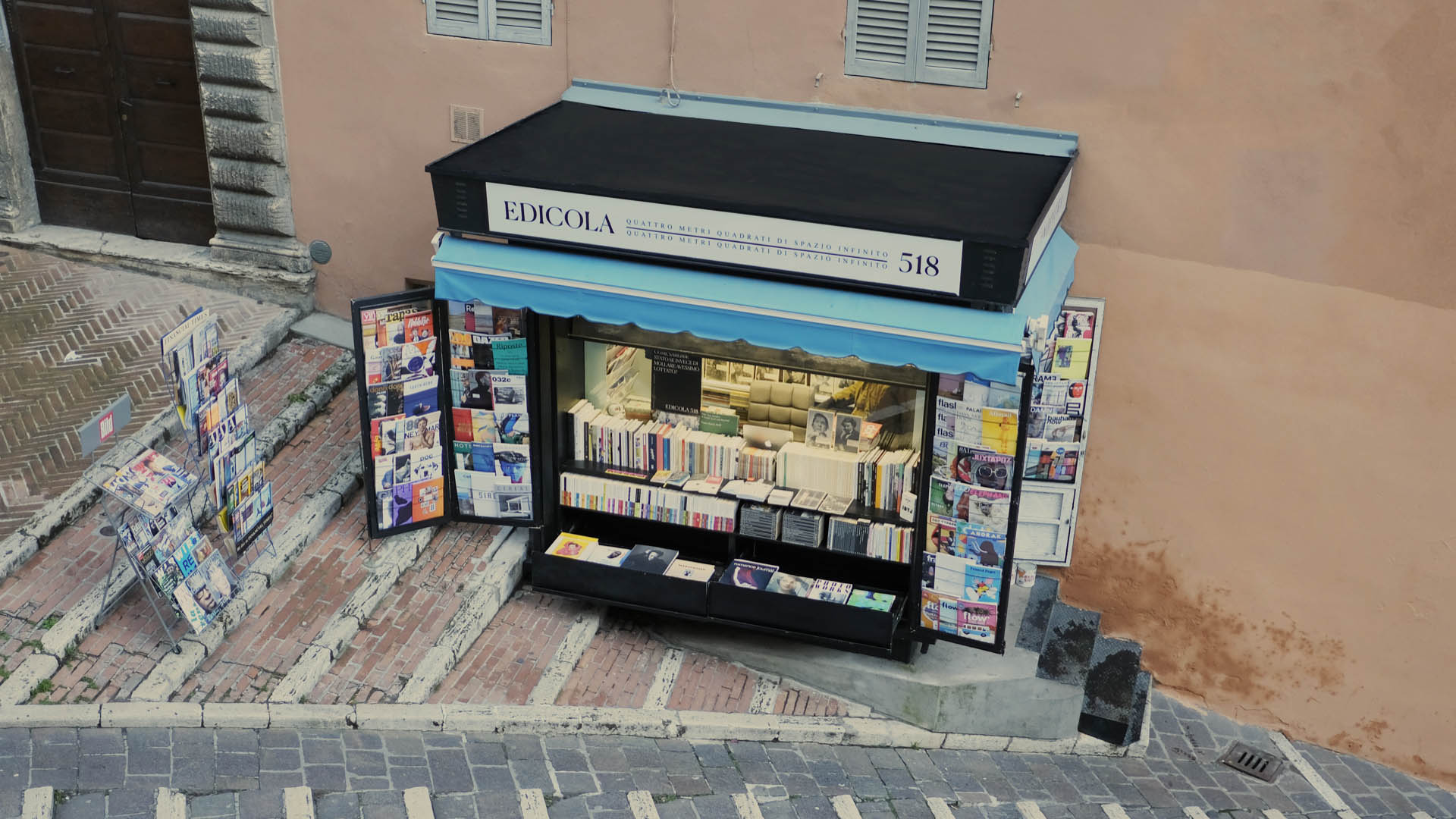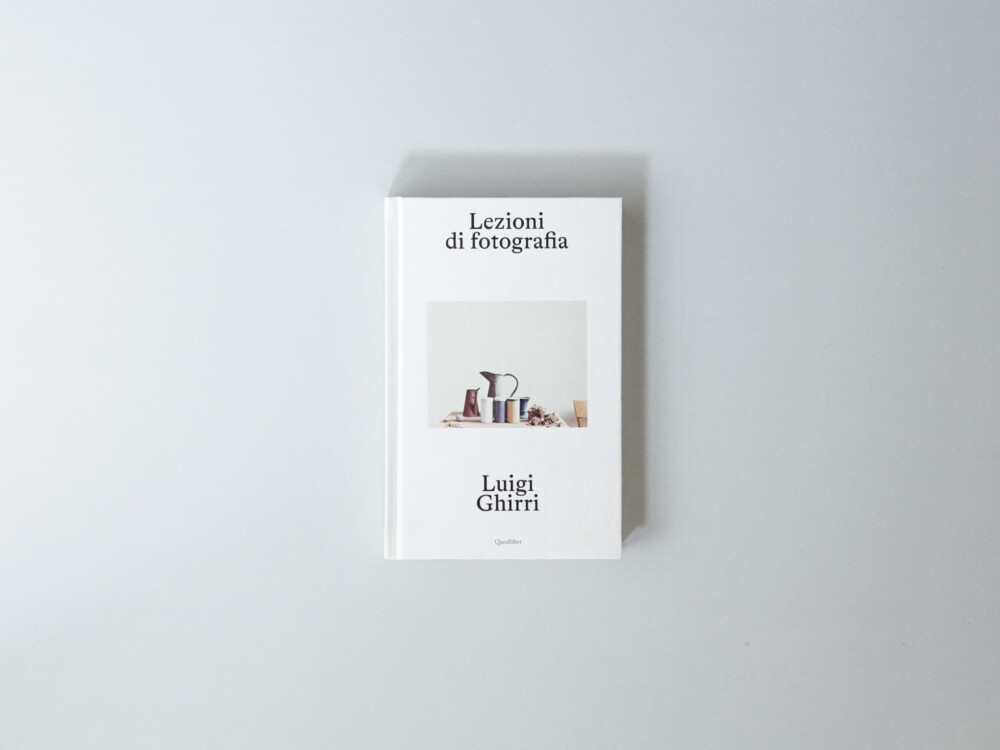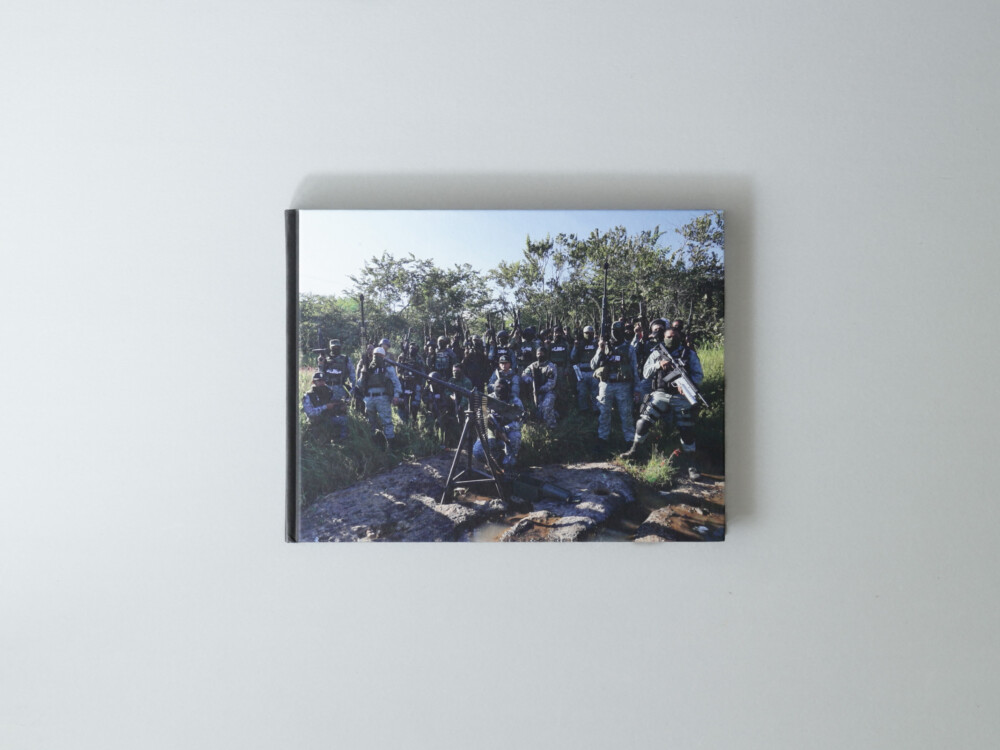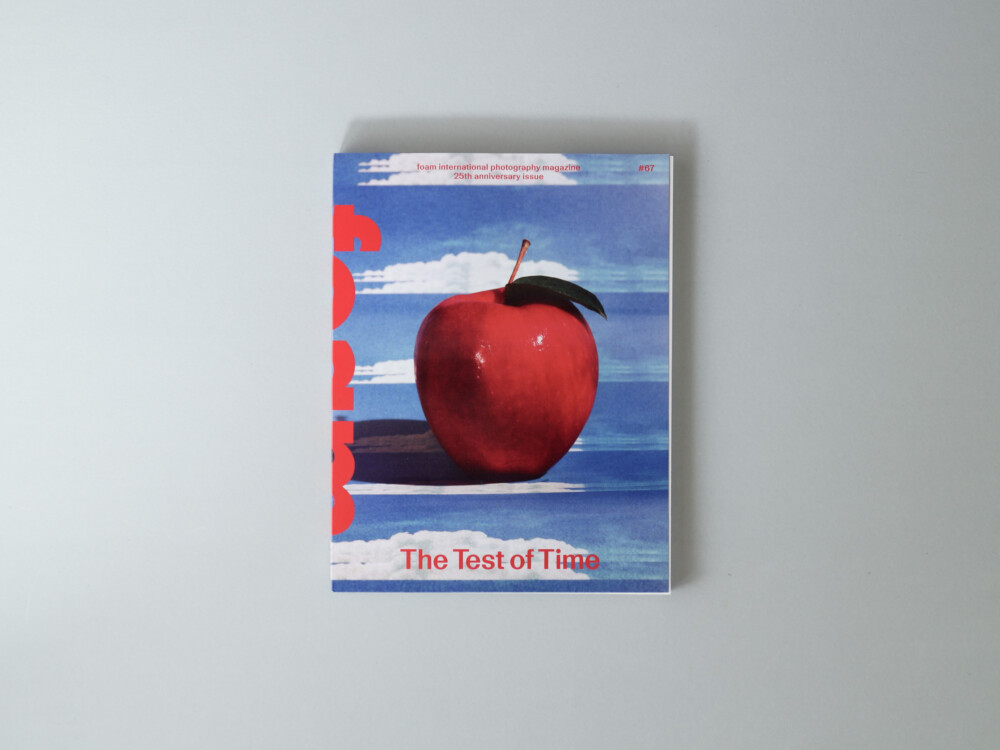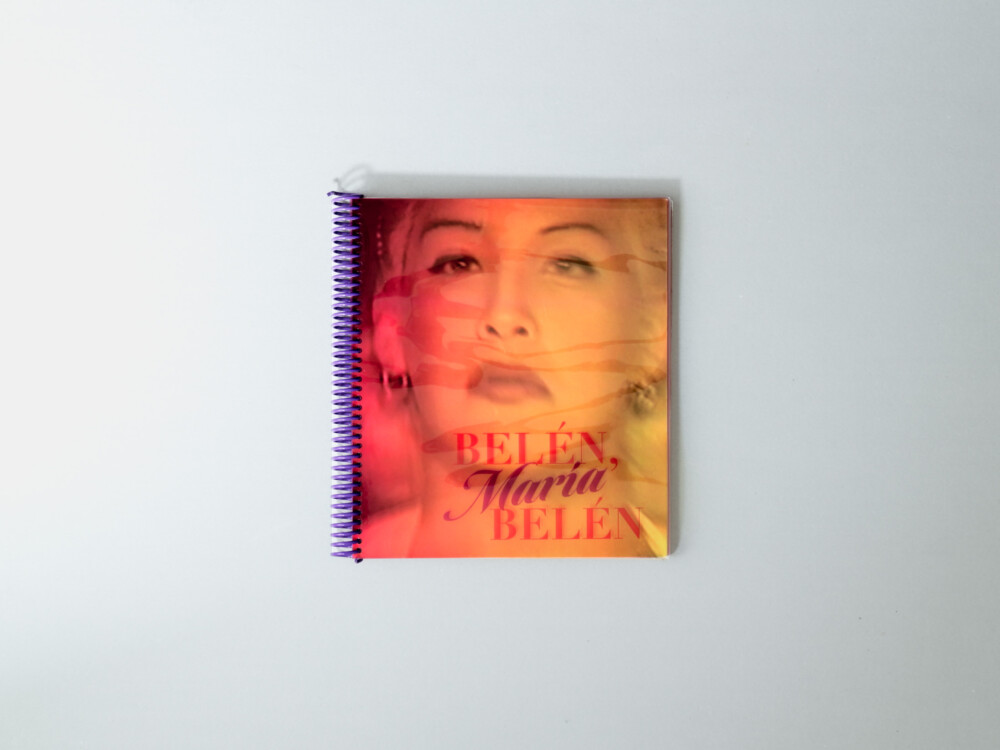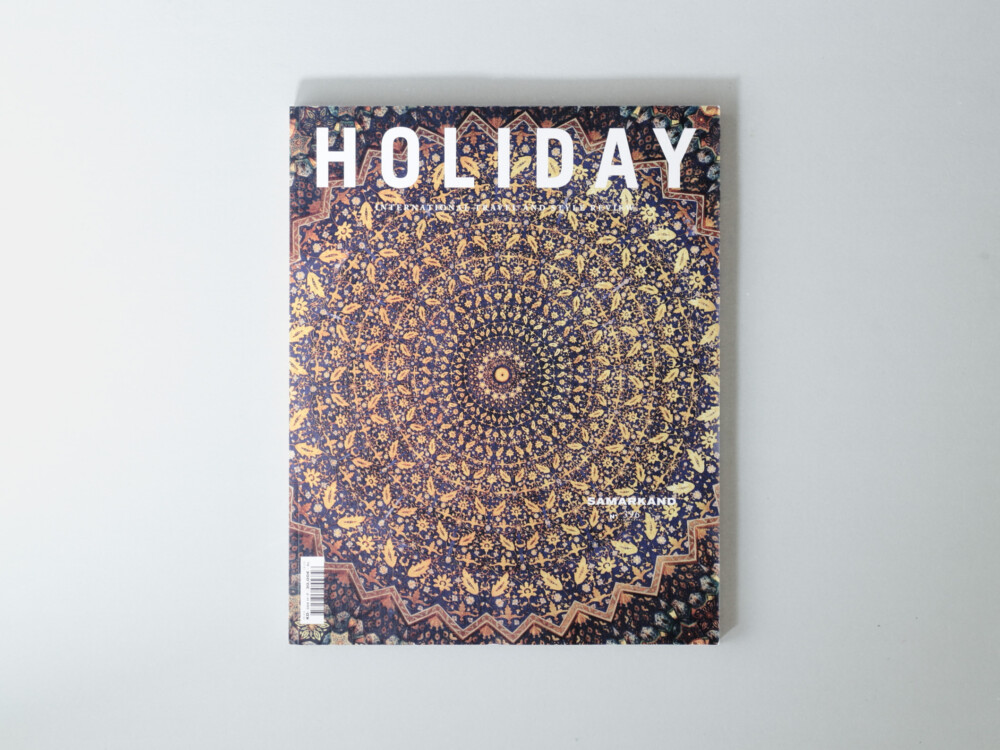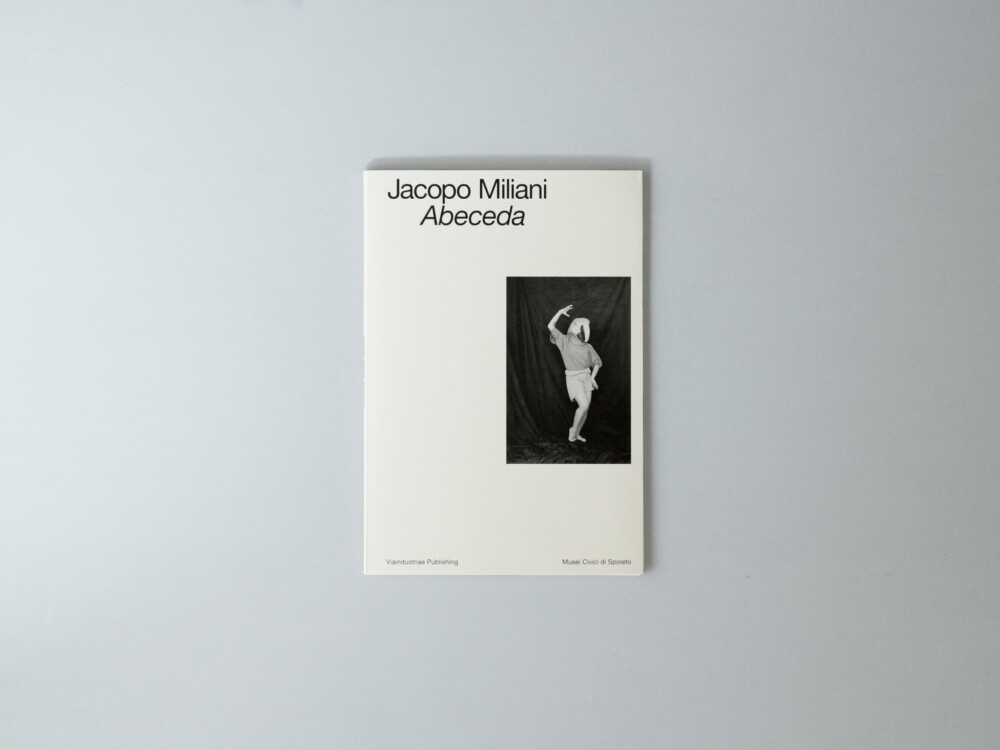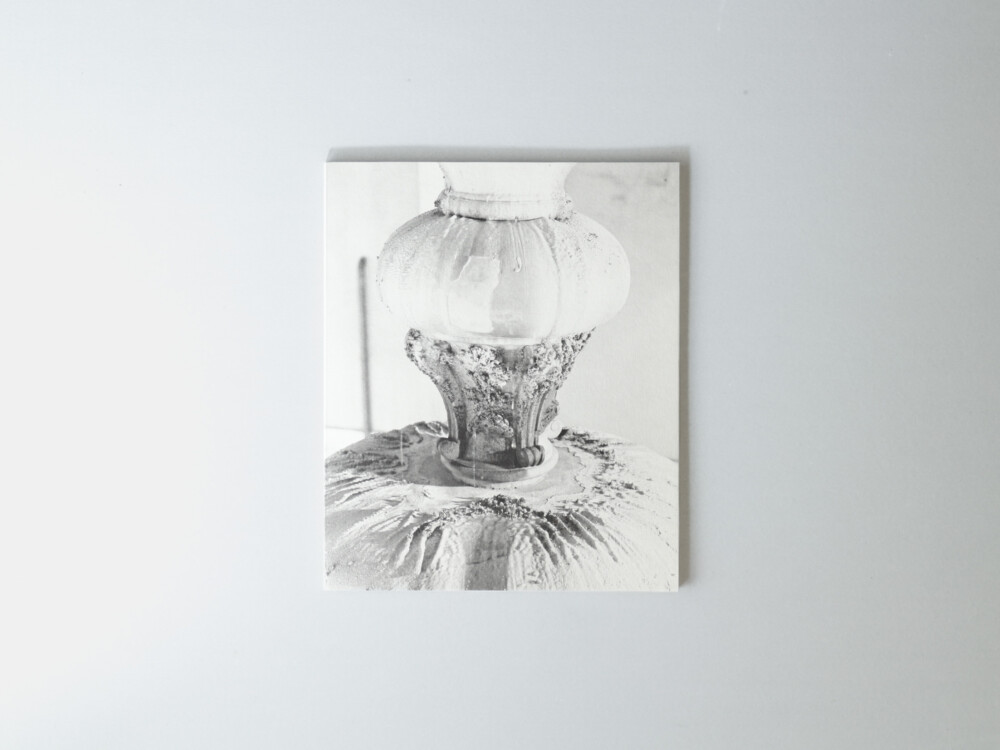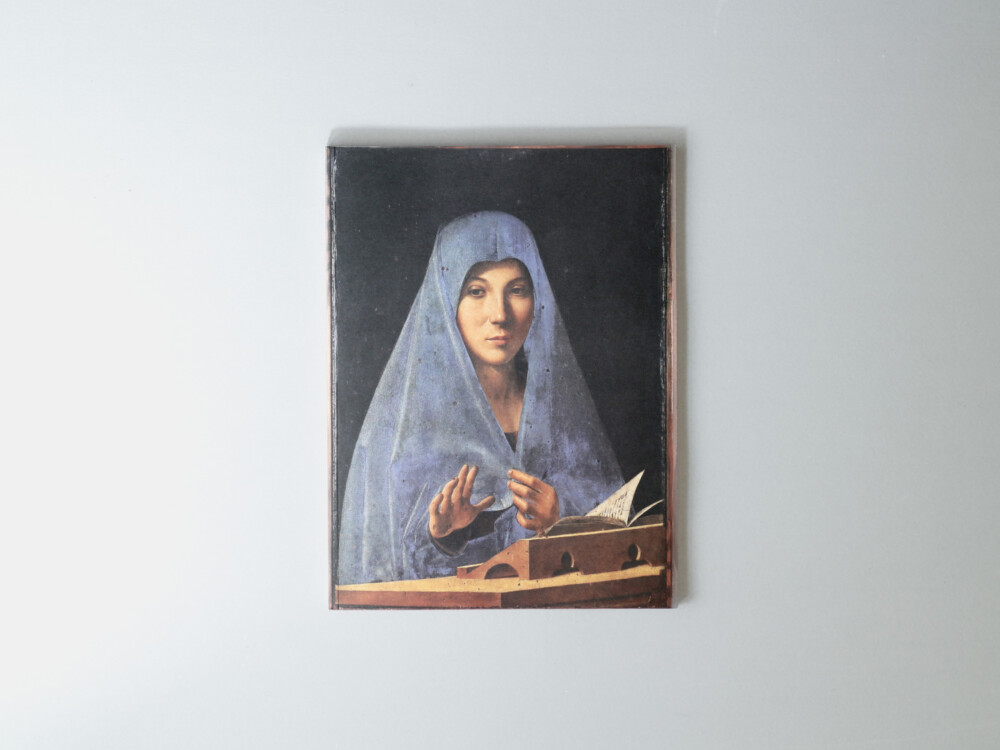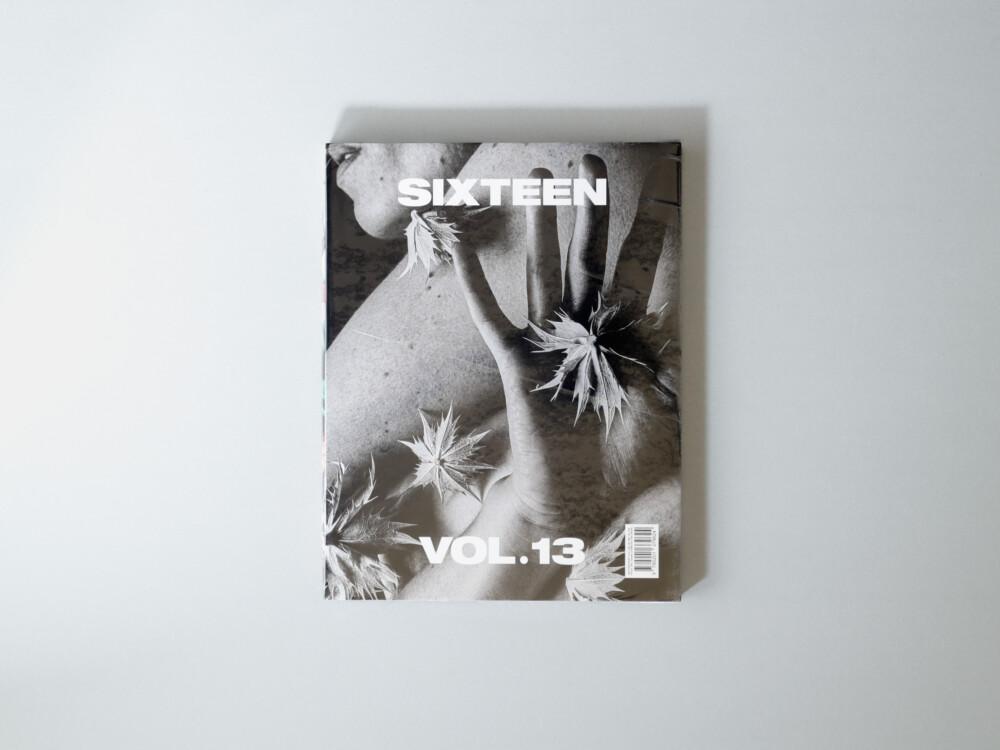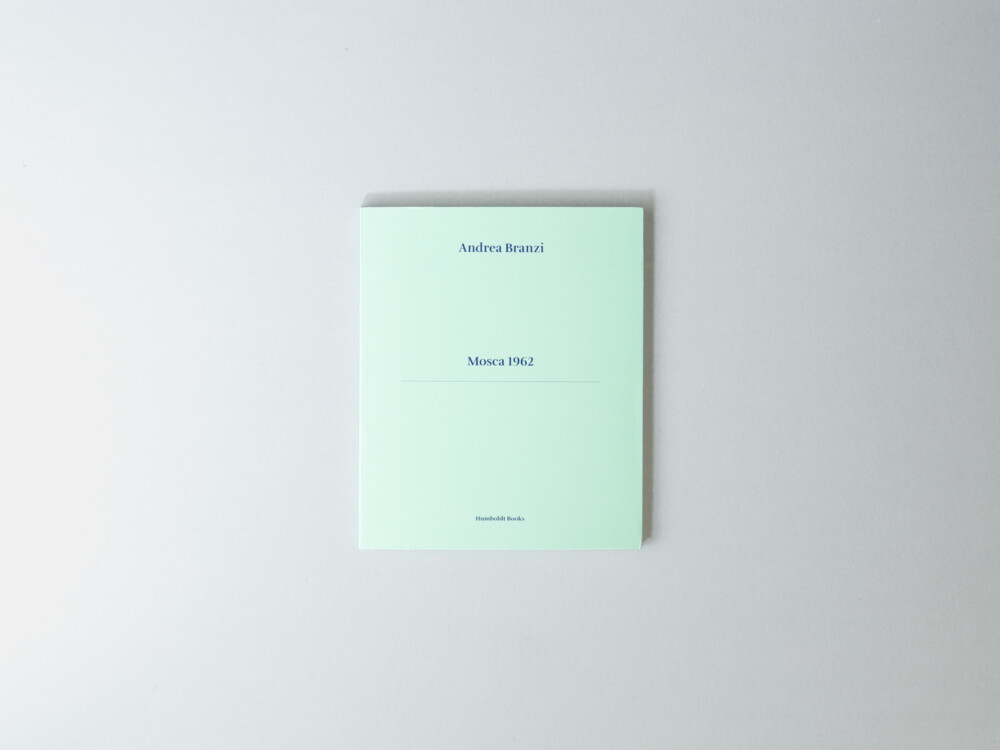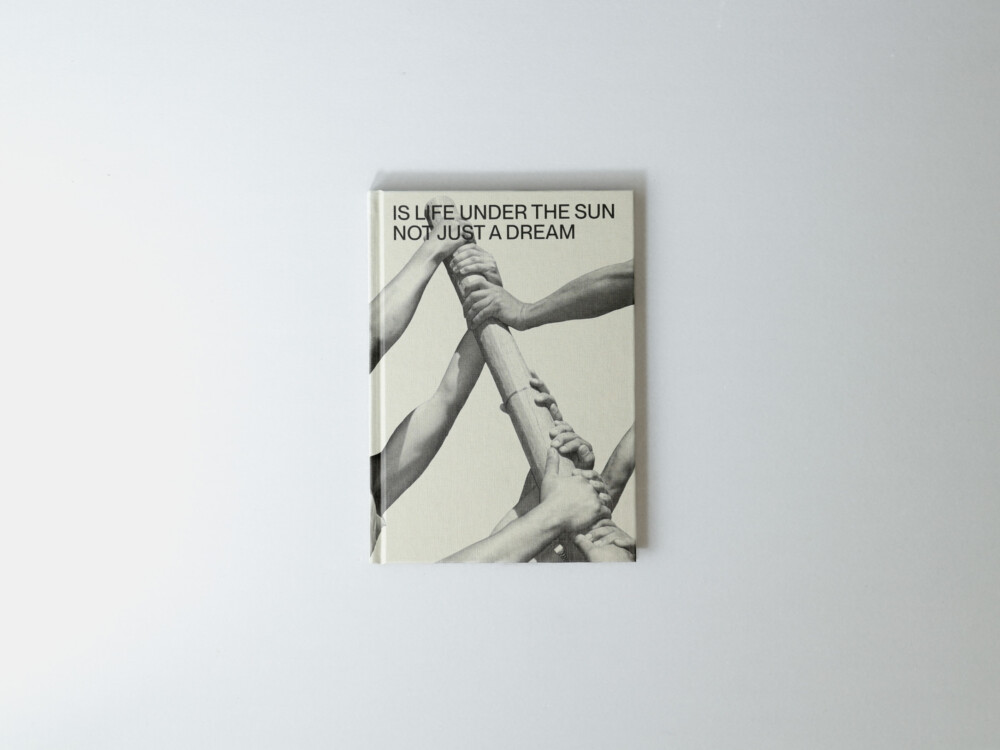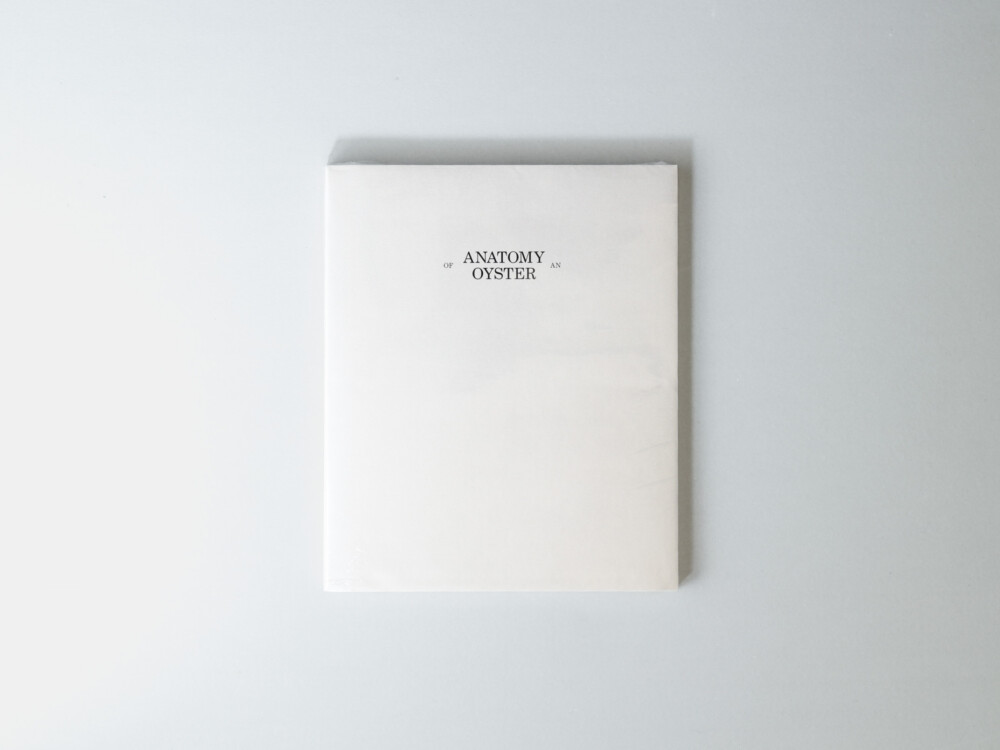Bone
55,00€
he human body is at once base and beautiful, bestial and divine. It’s a battleground, fiercely fought over and strictly policed.
Photographer Sarah Piantadosi has observed an unmistakable shift in the way young people think about their bodies. Individuals who would once have been Othered by restrictive stereotypes are insisting on their right to be seen and celebrated in mainstream visual media – forcing issues of prejudice, visibility and autonomy to the surface of contemporary culture. This generational shift was the primary inspiration for Bone, a collection of nude photographs which captures a cross-section of this commanding new generation. Over the course of a year and a half, Piantadosi shot more than 50 individuals in their twenties in London and Paris, documenting the intricacies of their own relationships with their bodies, their selfhood and their boundaries. Working with the nude form allowed Piantadosi to interrogate ideas of agency, authorship and ethics within the photographer-subject relationship. In this work, as in everything she makes, she places her subjects’ stories and experiences front and centre, inviting them to play a crucial role in her artistic process. How does it feel, she asks, to be photographed in this way; to be part of this practice? At every turn, she pushes at the limits of her approach, examining the exploitative patriarchal stereotypes that have gone before her, and demanding more from those who will follow. The photographs in Bone were made slowly, sometimes over the course of several sittings, with time to reflect upon and revisit different themes. Being nudes, they are difficult to share, calling instead to be viewed in person, thereby subverting the power of social media. In her images, her subjects are by turns all-powerful, otherworldly, reflective, defiant. Above all, they are radiant in their uniqueness. Bone is call to arms, for a new, embodied way of being.



